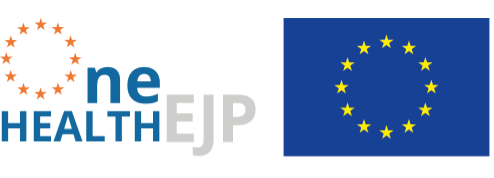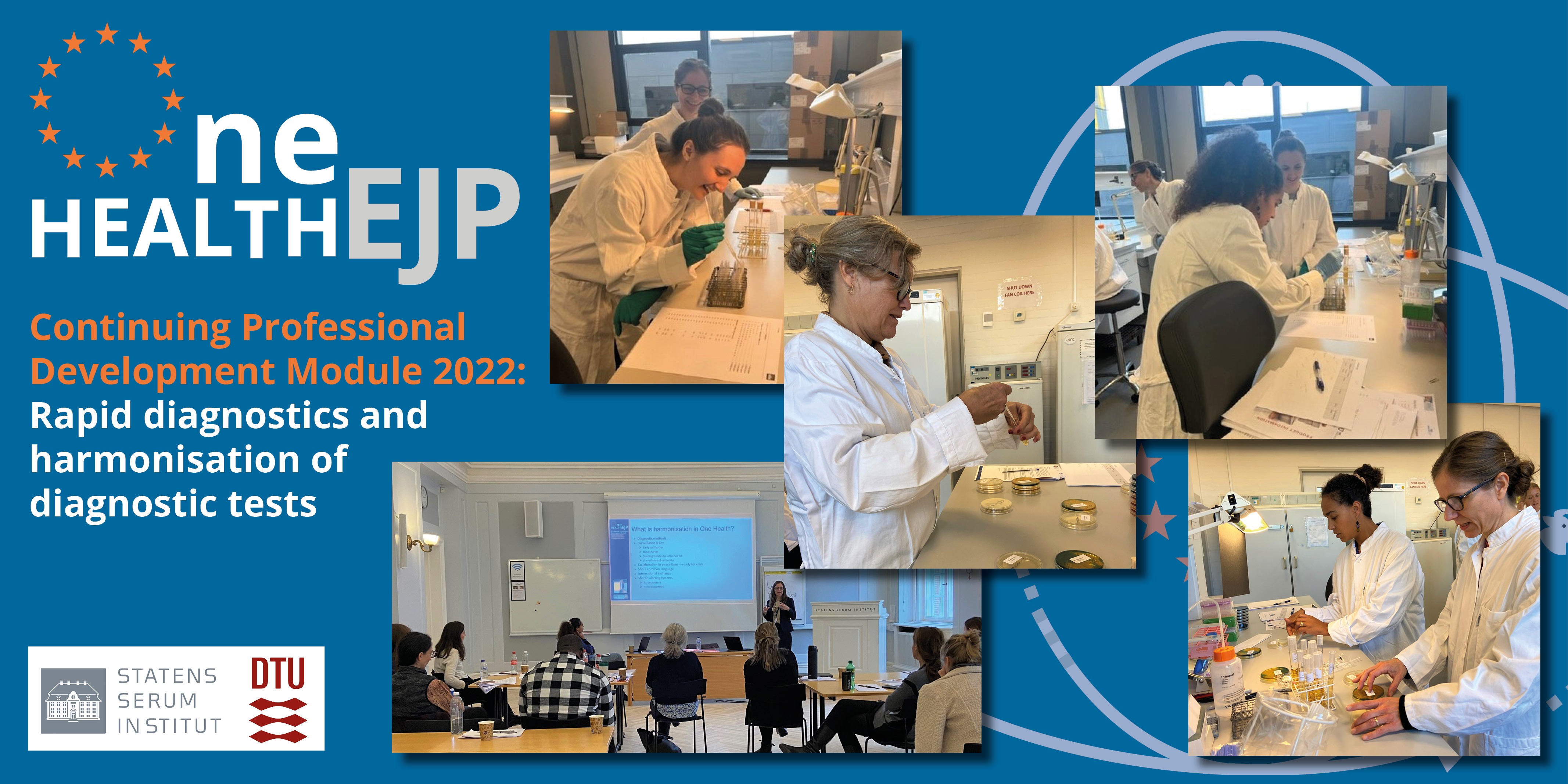When?
2nd – 4th November 2022
Where?
Statens Serum Institut and DTU Food, Copenhagen and online
What was the aim of this CPD Module?
The module brought together trainers and trainees with experiences from different domains and encouraged them to seek new synergies and collaborations.
A number of teaching and learning methods were combined in the module, both on-site and online, including hands-on exercises in the laboratory and at the desk as well as participatory approaches, such as brainstorming and focus group discussions.
The module shared the experiences and new scientific knowledge from three One Health EJP Joint Integrative Projects: OH-Harmony-CAP, MATRIX and CARE. Relevant experts from the three projects, as well as the larger One Health domain (spanning the human health, animal health and food safety sectors) contributed to the high scientific quality of the training.
CPD Module Agenda:
Day 1: In a joint session with participants online and onsite, there were lectures and focus group sessions describing real life experiences and case scenarios of foodborne and zoonotic outbreaks. Examples from the Danish context were presented.
Day 2: On-site participants were split into laboratory and field epidemiology hands-on activities. Within both the laboratory and epidemiological levels, participants conducted an exercise where they faced the challenge of outbreak management without harmonized methods across sectors. Then, they proposed an ideal scenario for future collaboration, with a focus on harmonised diagnostic tests. Online participants received specific questions to work on remotely regarding a foodborne and/or zoonotic outbreak scenario.
Day 3: On-site participants returned the experience of the practical exercise to the full audience. The questions that the online participants worked on complemented the solutions to the proposed challenges. Together, the online and onsite participants compiled a list of lessons learned and conclusions.
The CPD Workshop was jointly organised by Statens Serum Institut and DTU-Food.
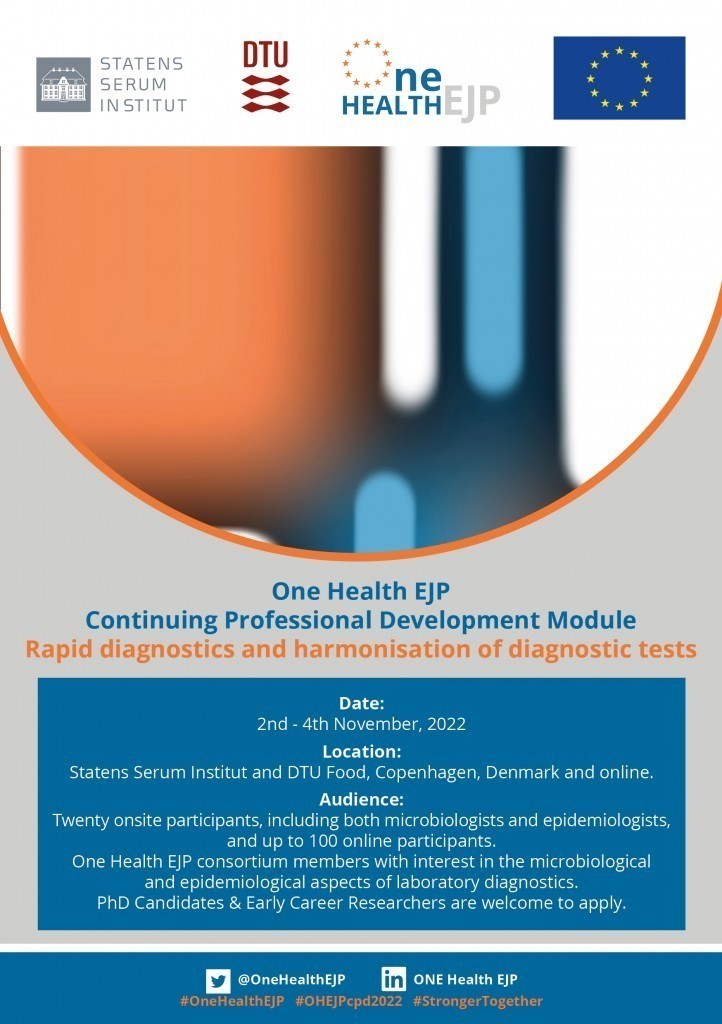
Our Speakers
Guido Benedetti
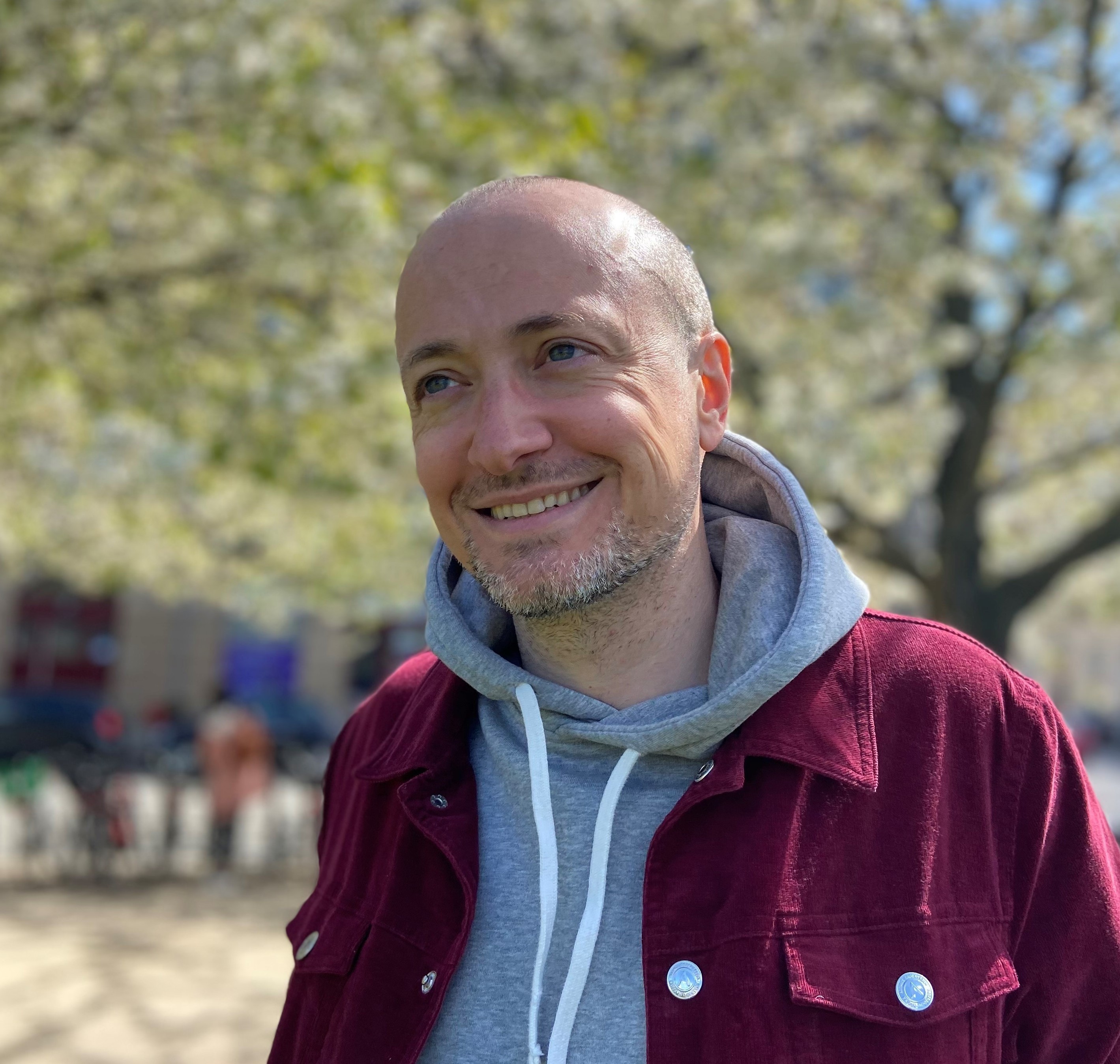
Guido Benedetti graduated as a dentist (2003), and then obtained a PhD in preventive dentistry (Dottorato di Ricerca, Italian course, 2011) and a Master of Public Health (2017). After a few experiences with humanitarian organizations and international agencies, he served as a field epidemiologist with Médecins Sans Frontières from 2014 to 2018. Then, he entered the ECDC European Programme for Intervention Epidemiology Training (EPIET) at Statens Serum Institut, Denmark, where he now works at the Department of Infectious Disease Epidemiology & Prevention. Guido is also a visual artist, working primarily in digital art.
ORCID: 0000-0002-0788-8562
Dr Nadia Boisen
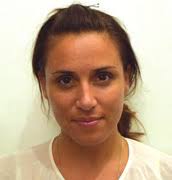
Dr. Nadia Boisen, is a senior scientist at the International Centre for Reference and Research on Escherichia and Klebsiella, Statens Serum Institut, Denmark and visiting Associate Professor, University of Virginia School of Medicine, USA. She has over 15 years of experience with pathogenic E. coli, international collaborations through research projects, and high-impact publications on the subject and is one of the leading experts on Enteroaggregative E. coli (EAEC) in particular Shiga toxin producing EAEC (STEC-EAEC). She is the project leader on 1. One Health European Joint Project Integrative Activity, OH-HARMONY-CAP: One Health Harmonisation of Protocols for the Detection of Foodborne Pathogens and AMR Determinants, and 2. the Gates funded project, Sepsis in neonatal children: Phenotypic characterization of Klebsiella spp. and E. coli.
Dr Rene S. Hendriksen
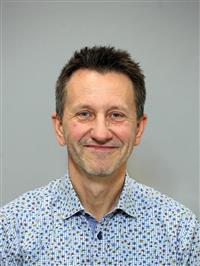
Dr. Rene S. Hendriksen is a professor at the Technical University of Denmark, National Food Institute, and lead the Research Group of Global Capacity Building. He acts as director of the reference centres; World Health Organization (WHO) Collaborating Centre, Food and Agriculture Organization (FAO) Reference Center, and European Union Reference Laboratory for Antimicrobial Resistance (AMR) and Genomics, respectively. He provides advisory service to the European Commission, European Food Safety Authority, European Centre for Disease Prevention and Control (ECDC), Fleming Fund, WHO GLASS and FAO in the area of surveillance and capacity building. Since 2010, he has embraced the new era of genomics with a strong focus in implementing research, building global capacity for surveillance and outbreak detection.
Luise Müller
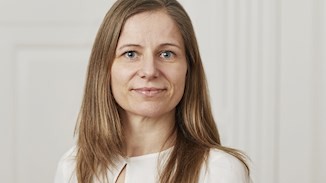
Luise Müller is an epidemiologist with expertise in infectious disease field epidemiology. Her key area of interest and main role in her position at the national public health institute in Denmark; Statens Serum Institut, is outbreak investigation of foodborne outbreaks and surveillance of zoonoses. As head of the disease outbreak unit, Luise is engaged and has a coordinating role in health preparedness and response activities. Luise is a member of the Central Outbreak Management group of Denmark – which together with colleagues from the Danish Food Institute, and the Danish Veterinary and Food Administration coordinate national foodborne outbreaks.
Caroline Eves
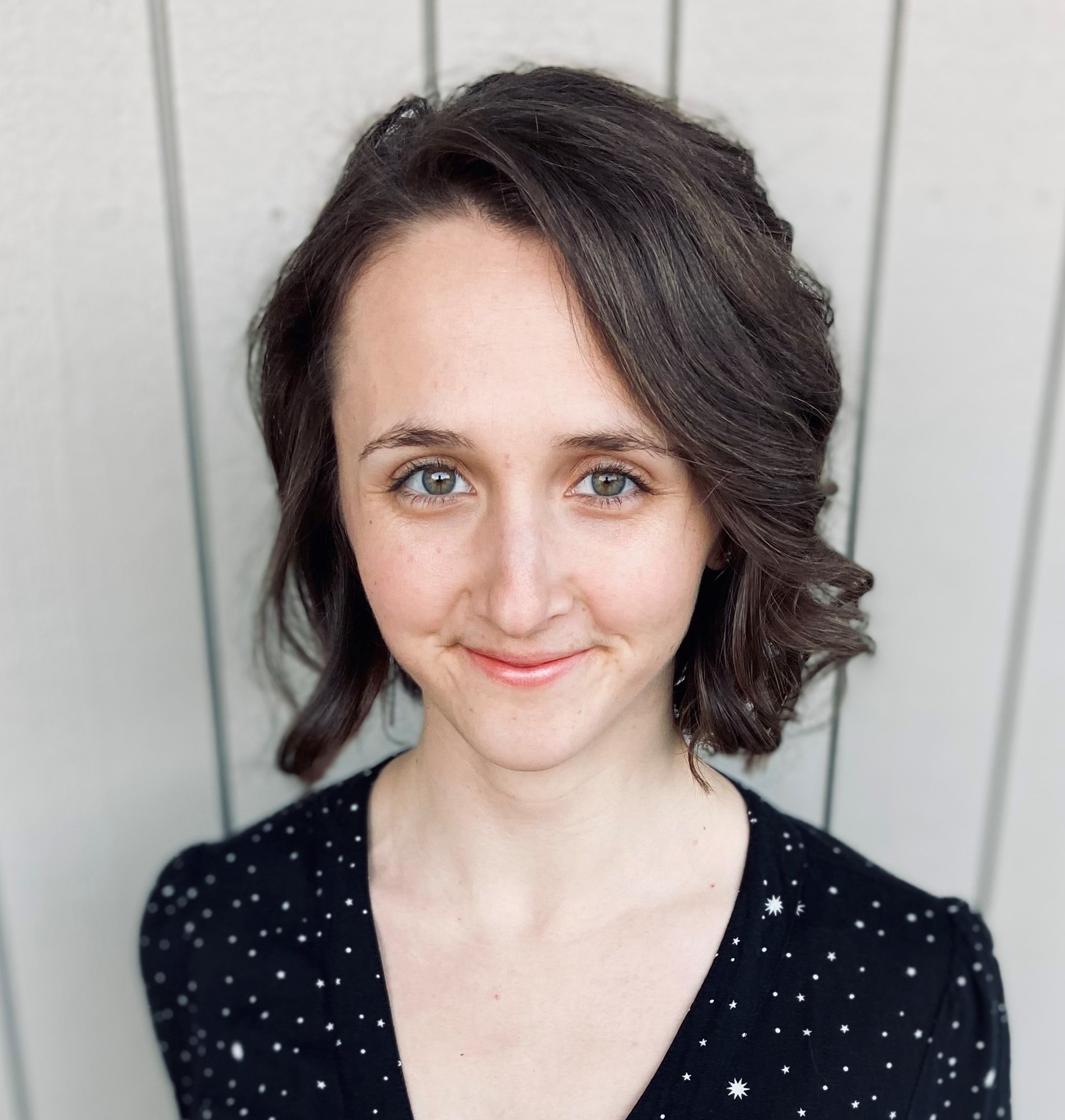
Caroline Eves has a Master of Medical Science in Public Health from Lund University, Sweden. She has experience working in public health both in Philadelphia, USA, where she was primarily involved in the surveillance of HIV/AIDS and TB as well as the emergency COVID-19 response, and in Copenhagen, Denmark, where she has worked with food and water borne zoonoses at Statens Serum Institut. She is now responsible for the Danish contribution to the One Health EJP MATRIX project and the management and organization of this CPD module.
Emily Dibba White
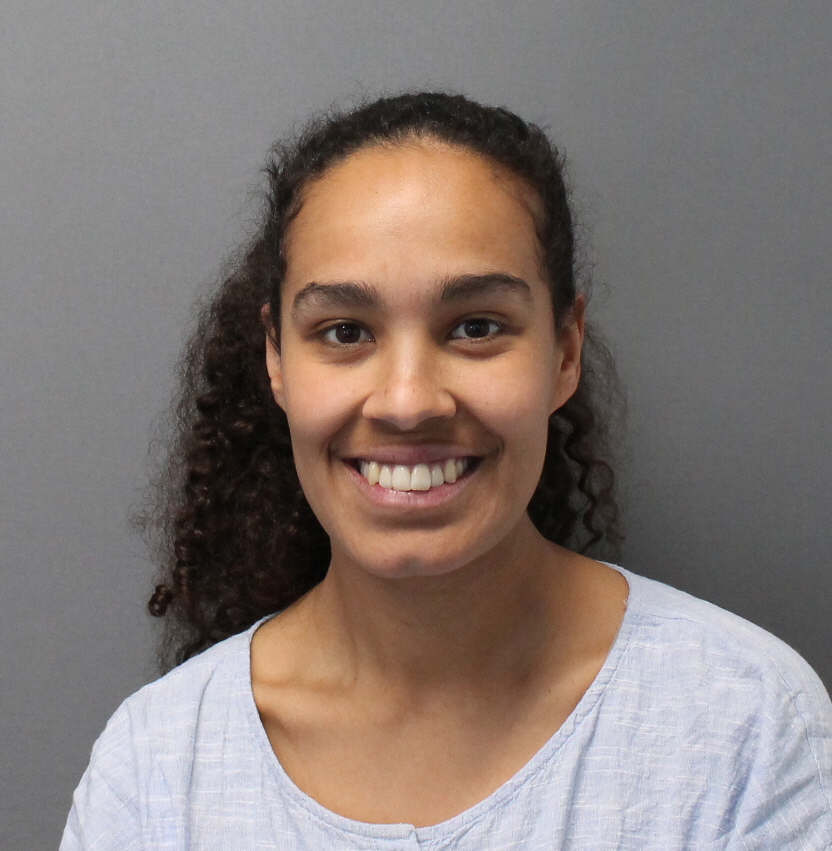
Emily Dibba White is working as an epidemiologist with focus on food- and waterborne outbreaks and surveillance of zoonoses at the national public health institute in Denmark at Statens Serum Institut. She is currently enrolled in the EPIET-programme by European Centre for Disease Prevention and Control (ECDC), which is a two-year education and training-programme in field epidemiology. Emily has a Master of Science in Public Health from Copenhagen University, Denmark.
Sarah Marvig Johansson
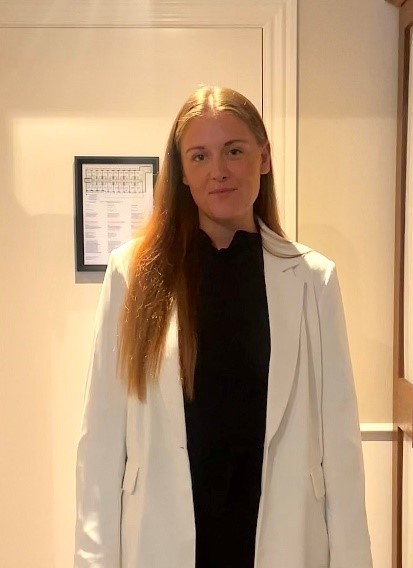
Sarah Marvig Johansson works for the research group for Global Capacity Building at DTU. She did her training at Statens Serum Institut and afterwards worked there for 2 years, then worked for EUCAST Development Laboratory in Växjö, Sweden and now at DTU. Sarah has worked with both routine diagnostics and research of bacteria, fungi and parasites. Sarah’s experience is with phenotypic susceptibility testing, but she has also been focusing on WGS with both Illumina platforms and Oxford Nanopore platforms.
Susanne Jespersen
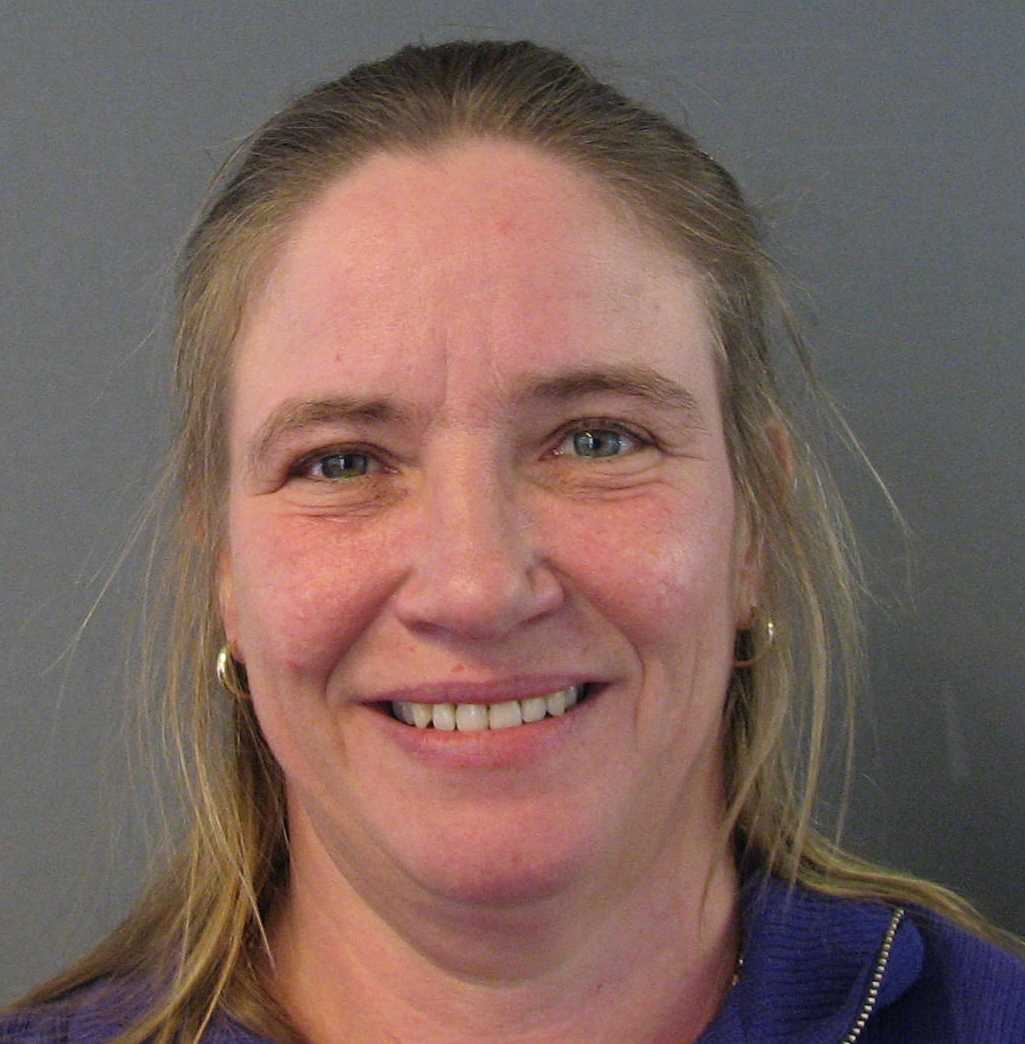
Susanne Jespersen has worked with E. coli for the last 45 years. She has seen the development with methods and approaches from the basic microbiology to whole genome sequencing.
